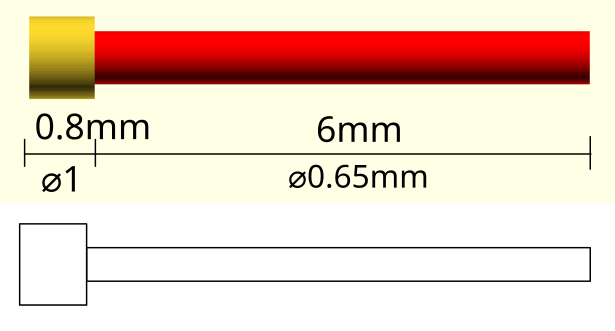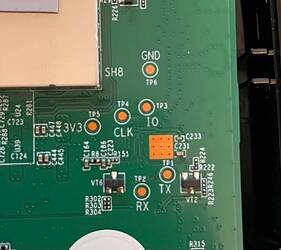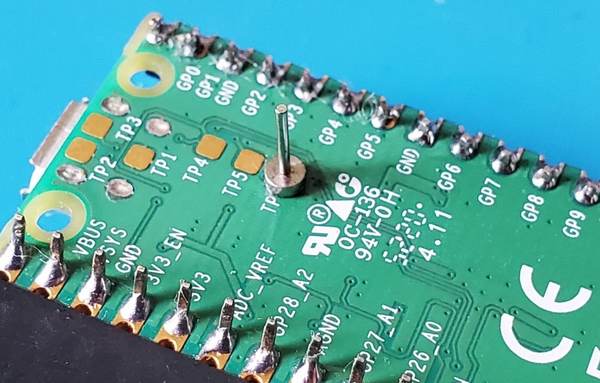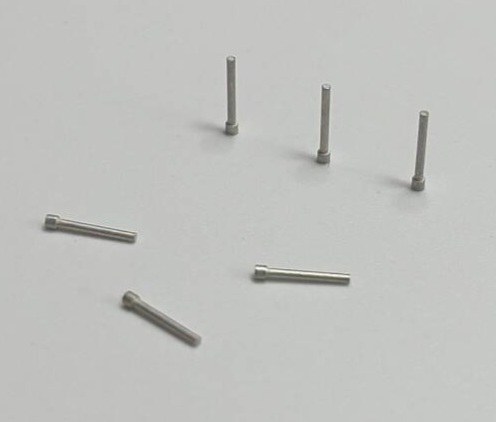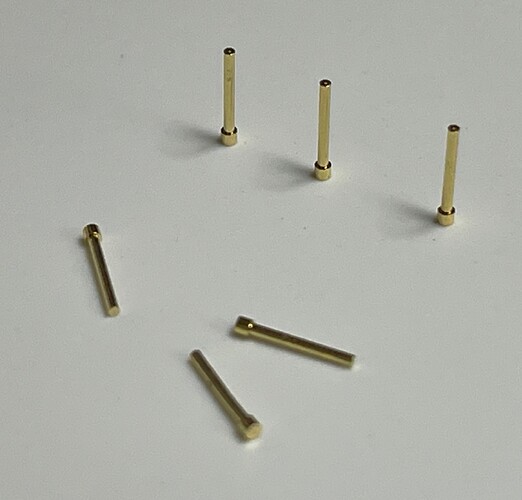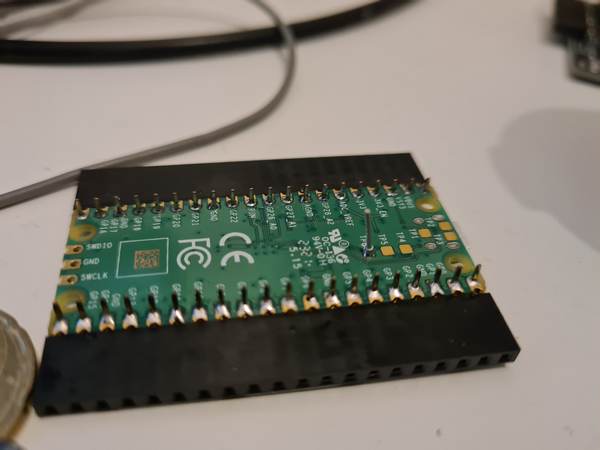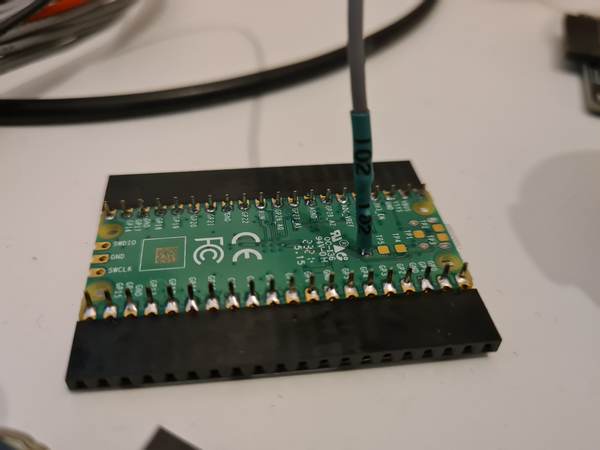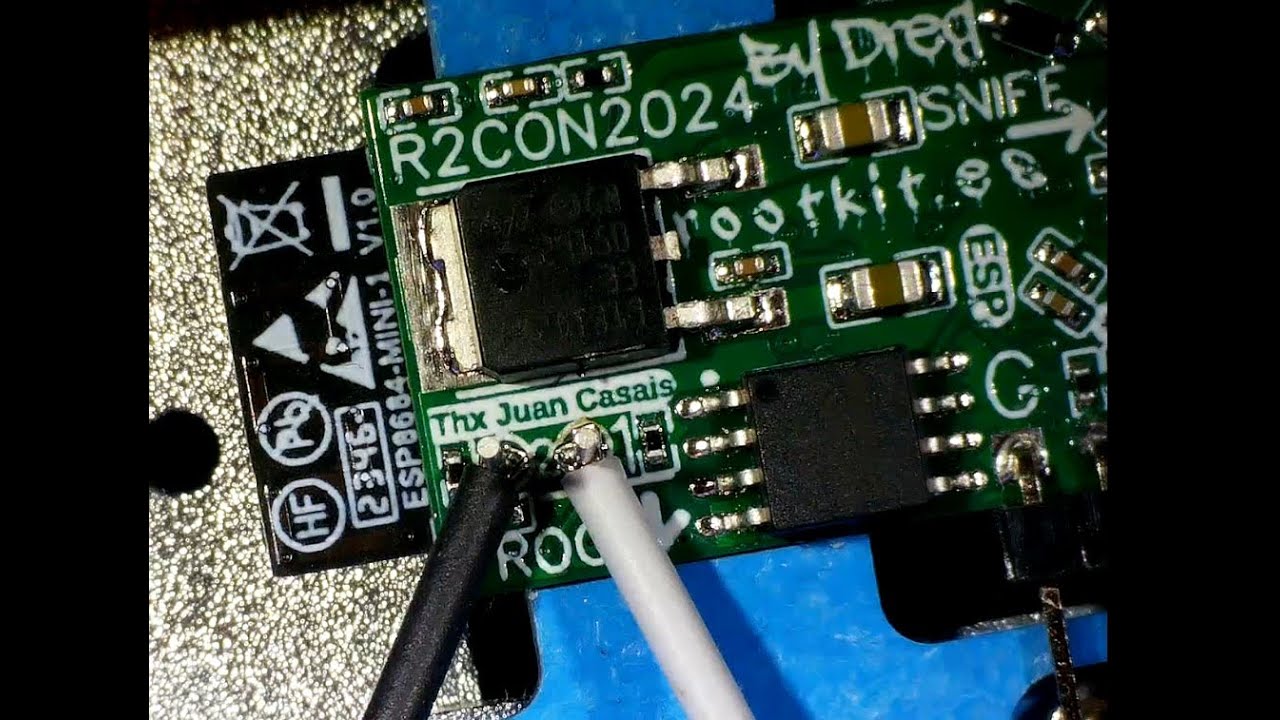Hey @jgartrel - thanks for checking out the pins, and congratulations on your milling project!
I’m sorry, we don’t share our suppliers if they don’t already have an international presence. If the pin miller had a website, email address and had previously taken international orders I’d happily share, but it’s a really small operation.
If you want to find a contact directly I’d suggest looking for a factory with a presence on alibaba, though our experience is that they’re mostly resellers/agents. This isn’t intended as an up sell, but you could also contract Ru via DirtyPCBs, we can get a quote and we have the infrastructure in place to work with small factories and suppliers.
You may have so me experience with this already, but just for anyone following along let me outline the basic roadblocks for a small factory to do international business from China.
- Most small factories don’t have email and don’t have any English speakers on staff. They may be able to rope in a son/daughter/cousin who speaks a bit of English, but it’s going to be really hard on you and the factory to address any issues with the engineering team. The lack of email means you’ll need WeChat, which I think is doable these days.
- While mid sized companies generally have (the boss has, a relative/friend has) a Hong Kong company/bank account to receive foreign funds, smaller companies expect cash RMB payment.
- Receiving wires in a foreign currency and exchanging to RMB is not easy. The company needs to be a certain type, with a minimum capitalization and various import/export licenses. Once they have all these licenses the VAT rate they pay on all their purchases increases from 3% to 17% (at least when I was actively running a Chinese company). The factory can’t access the funds until they have a valid export declaration showing the goods left the country at a customs value matching the amount of the foreign wire. There is an opportunity to refund that 17% VAT, but only if you can produce an official fapiao (government tax stamp) chain showing that everyone in the supply chain also paid 17% VAT. To do all this someone, probably the CEO, will have to spend half a day sitting in the bank (ask me how I know
 ) while the poor banker spends hours on the phone with the head bank trying to figure out how to do all this because it happens so infrequently (big export companies have bankers specializing in this, small companies don’t). That’s why you almost exclusively see massive foreign facing agglomerations like SZLCSC (JLC), Aliexpress, Alibaba, which act as an umbrella for a consortium of small and medium size manufacturers pooling resources to address the export and foreign currency handling issues.
) while the poor banker spends hours on the phone with the head bank trying to figure out how to do all this because it happens so infrequently (big export companies have bankers specializing in this, small companies don’t). That’s why you almost exclusively see massive foreign facing agglomerations like SZLCSC (JLC), Aliexpress, Alibaba, which act as an umbrella for a consortium of small and medium size manufacturers pooling resources to address the export and foreign currency handling issues.
- Small factories don’t have international logistics contracts in place. If I want to ship internationally from the Netherlands I can make an order online and DHL will pop around to pick it up. In China you can do the same for domestic shipments, but for international shipments they need a proper contract in place. It is rather involved and requires a lot of company stamps. Instead small factories usually try to find an agent to handle the shipping and end up passing on grossly inflated freight costs to you (see Aliexpress/Alibaba non-Ali shipping options prices for example, $200 to ship a sample via DHL). The one exception to this used to be “Sussie Shipper” in HuaQuiangBei, a street of rouge shipping agents that gave decent rates, but I think those days are long gone and a small factory isn’t going to drive your order to HQB for a back alley shipment drop. Additionally, even if you can find a way around the currency control issues in #3, the logistic company (DHL, UPS, Fedex, etc) will require the export declaration even if the government doesn’t mandate it.
In summary, the difficulties are:
- They usually can’t be contacted by email
- Nobody speaks English
- It is very difficult to receive payment, with very real long term impacts if done properly
- They don’t have a way to ship internationally
Now there are ways around this, official and unofficial.
- It’s (was) common to ask for payment to a personal account in China (against a $50,000 per year personal exchange allowance). I don’t want to drag this out further, but there is scathing blog post (at least one…) about an agent that ran their company this way. Just don’t do this, it may even create problems for you with your local bank (verify a family relationship to this recipient).
- When China wants to increase exports new cross border payment methods pop up. At the moment it is fairly easy for registered factories (business license type, minimum capital injection) to open a cross border payment account at a bank in Hong Kong. There is still paperwork involved for each transaction to satisfy the currency control requirements. When China swings to be less export friendly these methods disappear.
- Some of the new western payment platforms like Transferwise now do USD/RMB remittance into China. It may be cheaper and easier for you than a bank wire, but the recipient will still have to deal with #3 on their side at least once.
- You can go to China, pull money out of an ATM, and pay in cash. I highly recommend this method. It’s reliable, you develop a face to face relationship with your supplier, and it is to the best of my knowledge legally sound (up to a certain limit). Even with a language barrier everything goes so much better in person. You still need to arrange shipment, so that’s a couple days wandering round HQB locating the current shippers alley, which is honestly one of my favorite things to do

Your best bets are a platform like Alibaba, or going to China in person. The issue with Alibaba is you run into agents who have no idea what they’re doing but they do speak English. If you do manage to get a real factory, then they’re probably too big to do the vaunted low volume runs that makes Shenzhen such an attractive place to manufacture. That’s the huge gotcha.
As a final note, all this is subject to constant evolution. Things change in the blink of an eye and it’s a full time gig to maintain consistent cross border remittance with small factories. We receive daily updates from our logistics providers outlining rule changes.
Sorry to geek out on this  I spent nearly a decade living in Shenzhen, opening multinational companies and acquiring permits, it absolutely consumes me
I spent nearly a decade living in Shenzhen, opening multinational companies and acquiring permits, it absolutely consumes me  I’m always too happy to share way too much about cross border RMB remittance.
I’m always too happy to share way too much about cross border RMB remittance.
